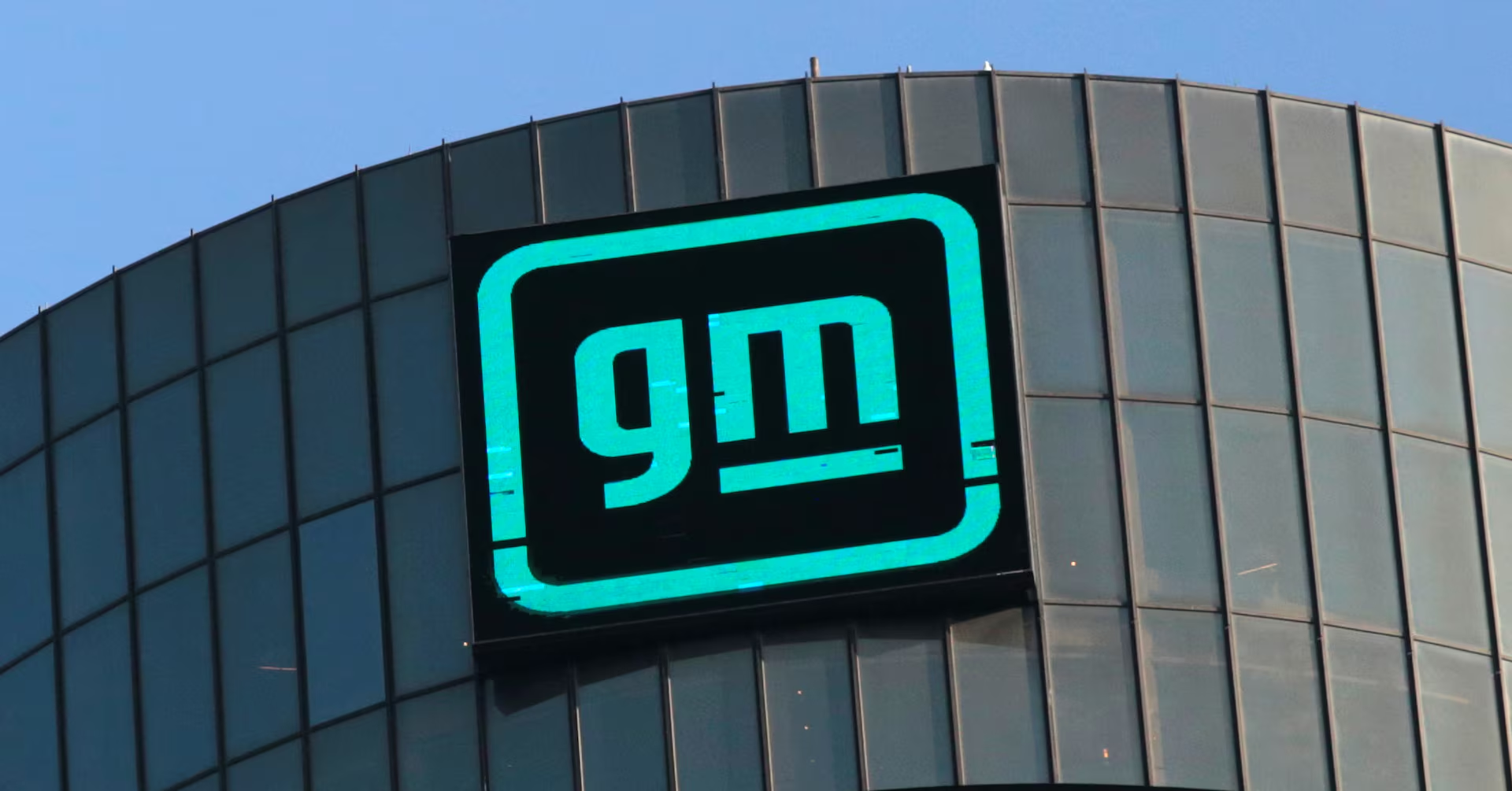Item 1 of 2 The new GM logo is seen on the facade of the General Motors headquarters in Detroit, Michigan, U.S., March 16, 2021. Picture taken March 16, 2021. REUTERS/Rebecca Cook
WASHINGTON, Oct 22 (Reuters) – A group representing nearly all major automakers on Wednesday urged the administration of President Donald Trump not to impose tariffs on factory robots and machinery.
Sign up here.
“Increasing the cost of equipment at existing facilities will raise overall production costs for automotive manufacturers, could cause production delays, and may result in vehicle shortages and higher vehicle prices on American consumers at a time when new vehicle prices are already at historic highs,” the group wrote in comments made public Wednesday.
The auto group cited a study showing that about 40% of all robotics and industrial machinery installations in the U.S. in 2024 were in automotive production facilities. Automakers said if the administration imposes tariffs, it should exempt robots used in U.S. production.
The White House did not immediately respond to a request for comment.
Several foreign governments including China, Canada, Japan, Switzerland and the European Union filed comments opposing the tariffs.
In addition, tariffs and shortages will drive up costs and consumer prices, warned the National Retail Federation, which added that its members are increasingly using robotics in stores, warehouses and distribution centers.
The U.S. Chamber of Commerce said some critical machinery is only produced abroad, including equipment for extreme ultraviolet lithography used for semiconductor manufacturing. Tariffs could “undermine the very domestic semiconductor manufacturing capacity the administration seeks to build,” the business group said.
Reporting by David Shepardson; Editing by Chris Reese and Lisa Shumaker
Our Standards: The Thomson Reuters Trust Principles.
